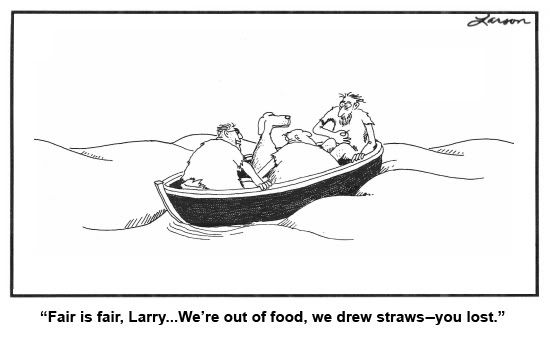Du4 makes the case for government coordination as a key element of successful PD: "If any of us PD 'professionals' had a whit about us, we would (re)read Unrestricted Warfare by Senior Col Qiao Liang and Senior Col Wang Xiangsui and understand that global communication, global influence, requires the strategic, national integration of ALL government branches and agencies and their communications initiatives. It requires, to borrow an analogy, for America to conduct herself as a composer would an orchestra, creating multitudes of musical movements that all combine into one big, beautiful symphony."
Now, I'm a sucker for a nice symphony metaphor. But, as I posted in the comments, I do think that strategic, national integration cannot be the ONLY element of public diplomacy, if for no other reason than that the U.S. government has been known, from time to time, to have some credibility issues with certain audiences. Shocking, I know, but true. So, by all means, coordinate. But leave some space for non-government PD initiatives from NGOs, private sector reps and citizens for those cases where attitudes toward the USG are suspicious enough to compromise communication.
I cite, as an example, the recent Masrawy.com conversation, for example, might have invited less skepticism has Secretary of State Clinton not been behind it. As The Washington Post reported, Clinton invited Egyptian revolutionaries to submit online questions and received more than 6,500 responses from various social networks. The responses "revealed both Egyptians' newfound sense of freedom and their enduring skepticism of U.S. foreign policy, including Washington's relations with their former ruler." (Emphasis mine.) This is one instance where the appearance of less government coordination might have increased confidence from the other participants in the conversation.
Of course, actions speak louder than words no matter who's doing the talking, and nothing is quite as convincing as a U.S. foreign policy that marries actions and words together. To that end, a little coordination would be just the thing.







